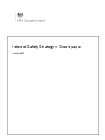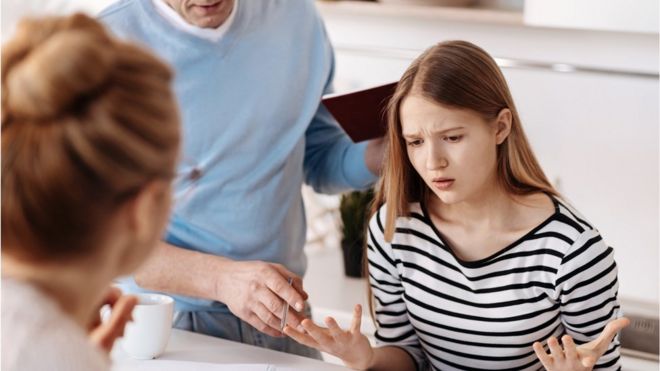Parents should worry less about the amount of time their children spend using smartphones, computers and playing video games because screen time is actually beneficial, the University of Oxford has concluded.
The rise in technology in the past decade has led to fears that teenagers could be damaging their social skills and mental health by spending increasing amounts of time online or immersed in a virtual world.
Yet when researchers at Oxford University quizzed 120,000 15-year-olds about their wellbeing and compared it to screen time, they found the use of gadgets had a positive impact.
In fact, wellbeing peaked at four hours and 17 minutes of computer use a day before starting to dip again, suggesting devices have a Goldilocks Zone where the amount of screen time is ‘just right.’ For smartphones the ‘sweet spot’ was around two hours and one hour 40 minutes for video games.
The researchers say that digital connectivity may enhance creativity, communication skills and development and conclude there is little to support fears that spending time on digital devices is harmful.
“Previous research has oversimplified the relationship between digital screen time and the mental wellbeing of teenagers,” said Dr Andrew Przybylski, of the Oxford Internet Institute.
“Overall we found that modern use of digital technology is not intrinsically harmful and may have advantages in a connected world unless digital devices are overused or interfere with schoolwork or after school activities.
“Our research suggests that some connectivity is probably better than none and there are moderate levels that as in the story of Goldilocks are just right for young people.”
However the study did not take into account whether physical health was affected by spending too much time staring at screens, or calculate the cumulative effect of using multiple devices.
In 2014, researchers in China found that too much internet use caused brain shrinkage, while psychiatrists say children can become hyper-aroused by gadgets, a condition dubbed ‘electronic screen syndrome.’ Studies have also shown that using computers, smartphones or tablets before bedtime disrupts sleep.
Sir Anthony Seldon the Vice Chancellor of the University of Buckingham and former master of Wellington College said screen time was a ‘very significant concern’.
“Intelligent use of computers can enhance the life of teenagers but overall they are spending vastly too much time online,” he added.
“Real people, real exercise, real environments and above all real relationships in the flesh are what young people need to develop into healthy adults.
“I’m extremely worried by the extensive and indiscriminate exposure of adolescents to computers. It should be a very significant concern.”
The researchers of the new study agreed that electronic devices could be harmful if youngsters were using them to avoid exercise, sleep or avoid making friends. But they also said they could actually be beneficial for development.
Co-author Dr Netta Weinstein of Cardiff University said: “To the extent that digital activities either enrich teenagers’ lives or displace more rewarding activities, they should have either positive or negative effects on their mental well-being.
“There have been theories that digital use is disrupting more satisfying pursuits. However, the role of digital technology has a central role in everyday life and online gaming is now a shared way of playing for teenage boys.
“There is good reason to think digital technology used in moderation is not disruptive and may even support development.’
Commenting on the research, Dr Pete Etchells, senior lecturer in Biological Psychology, Bath Spa University, said: "The study shows that certain levels of technology use may actually be beneficial to children.
"Where negative effects do exist, these are in fact quite weak, compared to other factors such as getting a decent night's sleep which have previously been shown to have an influence on well-being.
"Taken altogether then, the study shows that we need to drastically reconsider the way we think about screen time - there just isn't a simple negative correlation between using digital technology and wellbeing.
The research was published in the journal Psychological Science.








